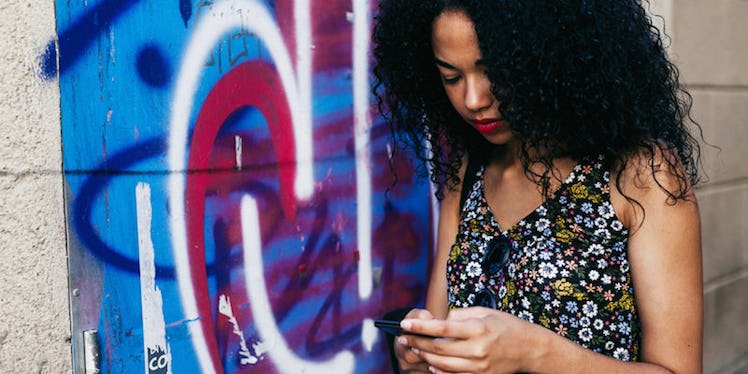
The Psychology Behind Why Being Unfriended Is So Insulting For Gen-Y
We all have the inborn desire to be recognized because we think it validates our existence.
We have the urge to share our achievements with everyone to gather praise and applause from others.
Facebook is a social networking site that makes it easy for us to connect and share things with our family and friends online.
It’s like we design our very own virtual selves that present a portfolio of our credentials in a timeline that will tell the world something about us.
You have two options. You can either be yourself, or you can be someone else.
We use Facebook to communicate with peers we’ve known for a long time, keep in touch with relatives abroad and keep ourselves updated with social trends and news from all over the world.
However, Facebook is not just used for communication. It is commonly used for entertainment and self-gratification.
We often use Facebook to post pictures of our OOTDs and brag about how pretty we think we look with our hair and makeup done.
Oftentimes, we post our newly purchased kicks and other "new brand name presents" from Instagram directly onto Facebook.
We even post pictures of ourselves on the beach, wearing that cute little swimsuit we bought the other day because it fits us perfectly.
We share with the world that we're checking out restaurants we’ve never been to and how we're feeling when we add selfies to our posts.
We do this to share what we're doing with everyone without hitting up the people individually.
Apparently, not everyone on social media wants to stay updated about our lives.
Some are not interested in knowing what’s on our minds all the time. They end up unfollowing us or worse, unfriending and blocking us.
When we find out our friends have pulled the digital plug and deleted us from their friends list, we feel hurt immediately.
Knowing that someone we’ve been friends with for a decade has decided to unfriend us for an array of reasons makes us think of what went wrong.
But we know exactly why he or she has done so.
But what makes this move offensive?
Why do we even get offended when someone we’re friends with on Facebook unfriends us, anyway?
According to Julie Spira in her article, "Rules Of Netiquette: Why Unfriending And Blocking On Facebook Can Be For the Best," the following is true:
There's no rule as to when you should or shouldn't be friends with someone on Facebook. You can easily take the time to learn the privacy settings, and can even exclude someone on your friends list from viewing a sensitive post if you choose. While you can’t pick your family members, you can certainly choose your friends.
What offends us is the fact that we sometimes take inventory of our friendships. When social media breakups occur, this obsession damages our real-life relationships.
We also get offended because we feel like we have known the other person for a very long time. We can't bear the idea of breaking the relationship online.
We feel disappointed that these people accepted our friend requests in the first place, and we feel like these people shouldn’t have accepted our requests if they were just going to unfriend us anyway.
More than that, we feel validated when our friends like things we have posted. But when we get unfriended, we feel like we're losing validation.
We think all the things we post -- be it our rants about our ex-boyfriends, long statuses raving how good our new facial product is or check ins at newly established restaurants -- are likable enough to make us think we aren’t pissing everybody off because we are getting “likes.”
It’s easy to put up a defense mechanism and just brush off the fact that your Facebook friend unfriended you. But deep inside, it hurts the sh*t out of you because you feel like you're losing your source of validation.
You question why he or she did such a thing, and you end up reviewing all your posts to think about where you went wrong.
You will question yourself about it deep inside.
Was it because your friend got offended by your rampant venting?
Was it because your friend envies your adventures, and hates it when you post minute-by-minute selfies at the Big Ben or Eiffel Tower?
Was it because your friend didn't like seeing your name pop up on his or her newsfeed every five minutes?
That, we do not know.
There may be some confusion about what could happen after your social media breakup.
The Internet is not separate from real life. It is part of real life.
If we’ve been ditched out of the Internet, we notice it.
We should also think before we click.
Post whatever you want, whether it's your achievements in life or your random thoughts.
Upload an album of your adventures, check in to places you’ve never been before or just post photos of yourself in your best outfits.
Likes do not constitute validation, but the mere photos of our adventures remind us that we have lived.
While we have the freedom to post anything we want, we should also keep in mind what we should and should not post.
Facebook is not an online diary.
We should be careful about the people we share our information with.
You do not want to be reported “missing” after five days because your family has not heard from you, do you?
Our Facebook statuses reflect our personalities, but also our future job applications.
Just like the ways our outfits affect how we behave, so do our posts.